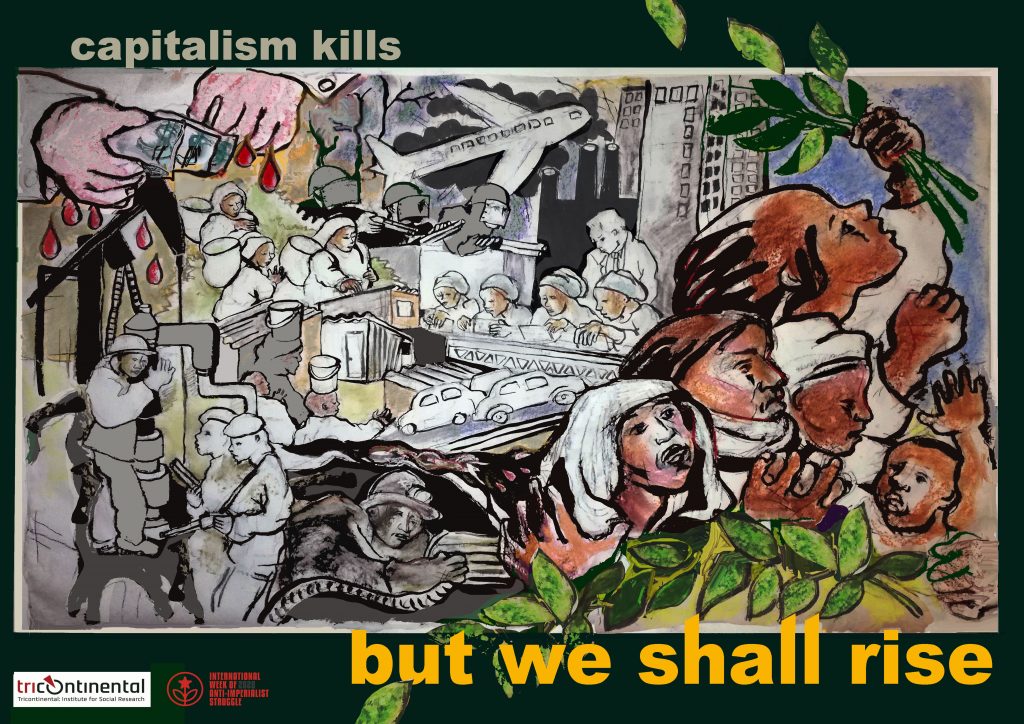By 1930, the
USA
was in deep recession and had become a patently uncomfortable place where at least, a small majority of them went to bed hungry virtually every night. Soon after that date, the situation had crept around the world as quickly as it could until it had become a global phenomenon. Almost a hundred years later, there is virtually nobody left to give an eye witness account of what the Great Depression was really like. But I can give a reliable account of what it meant at a personal level because my father left a written account of his own experience of the Great Depression.
According to my father who was twelve years old at the time, the Great Depression arrived in Nigeria, it came in the manner of a thunderclap in the middle of the dry season. According to him my grandfather was a comfortable textile dealer, a typical Ijesa osomalo who was also a Railway contractor on the side. The economic turbulence which had gripped Britain from the middle of the twenties had progressively interrupted the importation of textiles into Nigeria, to such an extent that his osomalo business had taken a hit over time. He was however able to keep his head above the waves by also dealing in agricultural produce, especially yams. He lived in a small railway town just outside Ilorin and from time to time shipped yams to Kano on the railway. On his last trip, he had loaded up his yams as usual but, by the time he got to Kano, the Great Depression had hit and nobody had cash enough with which to buy the yams he had come to sell. The tubers quickly rotted under the heat. And that was the end of his career as a successful osomalo. He had to relocate back to Ilesa where he became a reluctant and not so successful farmer. At that point in time, it appeared that the light had finally gone out on capitalism, worldwide. To get a grip on the knowledge of what it was to live under the hellish conditions of the Great Depression, the fictional description of it in Grapes of wrath by John Steinbeck is worthy of consultation. A pithy paraphrase of the book is that it is a catalogue of examples of man’s cruelty to man as the big men consumed little men with unbounded relish. All part of the allure of capitalism.
My grandfather’s experience with the Great Depression was typical. It was not only personal but was also generic, as it was universal. All around the world people suffered without respite and without hope of amelioration of individual and collective conditions under which they toiled for little or no reward. It has to be said however that the practice of capitalism which had descended on the people, even those living in the most advanced societies of the world, was a far cry from what it has become.
Tolong support kita ya,
Cukup klik ini aja: https://indonesiacrowd.com/support-bonus/
The practice of capitalism in those days was described as laissez-faire, that is, just about everything and anything went. The rules governing capitalism were so loose that government was allowed to do no more than hover in the background as long as it did not interfere with whatever was going on. Even when it interfered however, it did so on the side of the capitalists. Under such conditions, the big man was allowed to get bigger by feasting on the legions of small men who did not even have the benefit of a safety net under them. For example, when the price of coal fell in Britain, the mine owners simply reduced the inadequate wages that they paid to their miners and\xa0 compounded the situation by increasing the number of hours that the miners spent on the coal face. They were able to do this because a miner who lost his job simply starved to death as there was not even a shadow of social security. Pensions were non-existent and to retire was to be put to pasture. There to fade away and die in some considerable discomfort. People like my grandfather who lived in a colony on what can be described as the periphery of global civilization were simply lucky to be alive in any real meaning of the word. For them, capitalism was nothing but a force of nature, to be endured. From the point of view of most casual observers to the most fervid supporters of capitalism, it was clear that the system needed a hefty reboot. But that was much easier said than done, at least until the Great Depression arrived to force the issue. It was time to unveil the New Deal.
There were presidential elections in the US in 1932, at a time when the country was in the grip of the Great Depression. The Democratic candidate was the Governor of New York, the patrician Franklin Delano Roosevelt whose distant cousin, Theodore Roosevelt had been a one time Republican President of the USA from 1901 to 1909. Before the election, he campaigned vigorously on the platform of what he called the New Deal and won in a landslide over Herbert Hoover, the incumbent president. In so doing, it was clear that he took office in 1933 with an obvious mandate to clean out the Aegean stables which the economy had become, by any means necessary. Furthermore, the situation he met on ground had become so toxic that Roosevelt did not have the luxury of time. He not only had to do something he had to do whatever was needed to be done very quickly. Fortunately, he had everything planned before taking over and so, he hit the ground running as soon as he took office. A review of his first one hundred days in office showed a healthy report card of activity and established the tradition of judging the achievement of American Presidents by what they had achieved or, not achieved after the first one hundred days of their term. To tell the truth, Roosevelt had so much on his plate that those first one hundred days in office could not but be remarkable. By that time, he had restored a good measure of confidence to banks whose vaults were once more filling up with cash which could be invested in new ventures to create jobs for many of the millions of people who had been jobless for far too long. These people could in turn contribute to the amount of money in circulation and in doing so, help to kick-start and stabilise the economy. There were successful moves to create jobs, many of them temporary but sufficient to put a noticeable dent in the number of those out of work and turn the government into a major employer of labour. In order to bring farmers in from the cold, food prices were increased and rural areas began to recover from the deprivation brought about by collapse brought about by farm closures. The most important achievement of those whirlwind hundred days was that the new President was able to pass no less than fifteen acts and seventy-seven laws through Congress. All were designed to build an enduring platform on which a new and improved form of capitalism could be built. This was done just in time to save capitalism from collapsing into wrack and ruin. The subsequent rise and rise of capitalism can be said to have been predicated on its reset at that critical juncture.
The effects of the New Deal went far beyond the limits of the economy as it also changed the social and political landscape of the USA profoundly. Some of the aspects of the New Deal were frankly socialist in nature, none more so than the act establishing the Tennessee Valley Authority (TVA). This institution was a government body which built dams in the Tennessee valley and not only supplied hydroelectric power to a wide area but was also responsible for the irrigation of extensive farmlands. This public corporation was set up in an area which lacked the most basic forms of social infrastructure and had to cope with poverty and neglect. Ninety years on the TVA remains one of the most efficient suppliers of electricity in the USA. It may be one of the most reliable power providers in the country but it is the only one such facility that is government owned. Roosevelt generated such tremendous political momentum that he remains the only President of the United States who won four presidential elections even though he died soon after he won his fourth term in office. He built up a large coalition of Democratic voters made up of labour unions, intellectuals, urban residents, ethnic minorities especially African Americans and whites in the rural South. This ensured that the Republicans were kept out of power until David Eisenhower broke their duck in 1952, to end twenty straight years of Democratic succession. There are still many social goals anchored on New Deal principles which are yet to be realised. But even then, the face of capitalism has undergone a fundamental change from what it was at the time of the Great Depression but there is still a long way to go before a truly human face can be attached to capitalism in the country which more than any other sets the tone for the practice of capitalism. The relentless growth of inequality within the USA is proof that over the last couple of decades, the poor have become noticeably poorer at a time when the rich are gathering virtually all the wealth unto themselves. This situation, like the Great Depression is being exported to other parts of the world and it is becoming an existential threat to the rise and rise of capitalism.
The Great Depression came long before my time but it has had a great impression on the trajectory of my life. It had such a devastating effect on my father that he turned his back on the world of trade and commerce into which he had been born and with the unwavering encouragement of his father became a teacher, a career path into which I was recruited as a matter of course. Without that background, I probably would not have been in the position to write this article.
Provided by SyndiGate Media Inc. (
Syndigate.info
).






